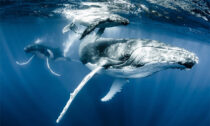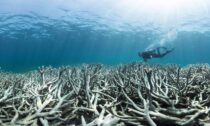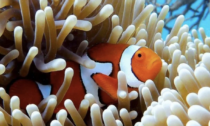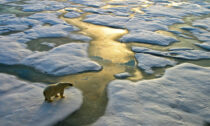
Coral reefs are being hit by climate change in just about every way possible. Wildfire, drought and other land-based climate disasters have captured global headlines, but coral reefs have been bleaching at record levels, and as such their future is uncertain. The science of climate change’s impact on coral reefs is simple. As humans pump greenhouse gasses into the atmosphere, the ocean acts as a carbon sink, absorbing carbon dioxide (CO₂) and dissolving it into acid.
As a result, ocean acidity has increased by about 25 percent since the early 19th century, according to the U.S. Environmental Protection Agency (EPA). That acidity is incredibly harmful to coral reefs...
Read More



















Social Profiles